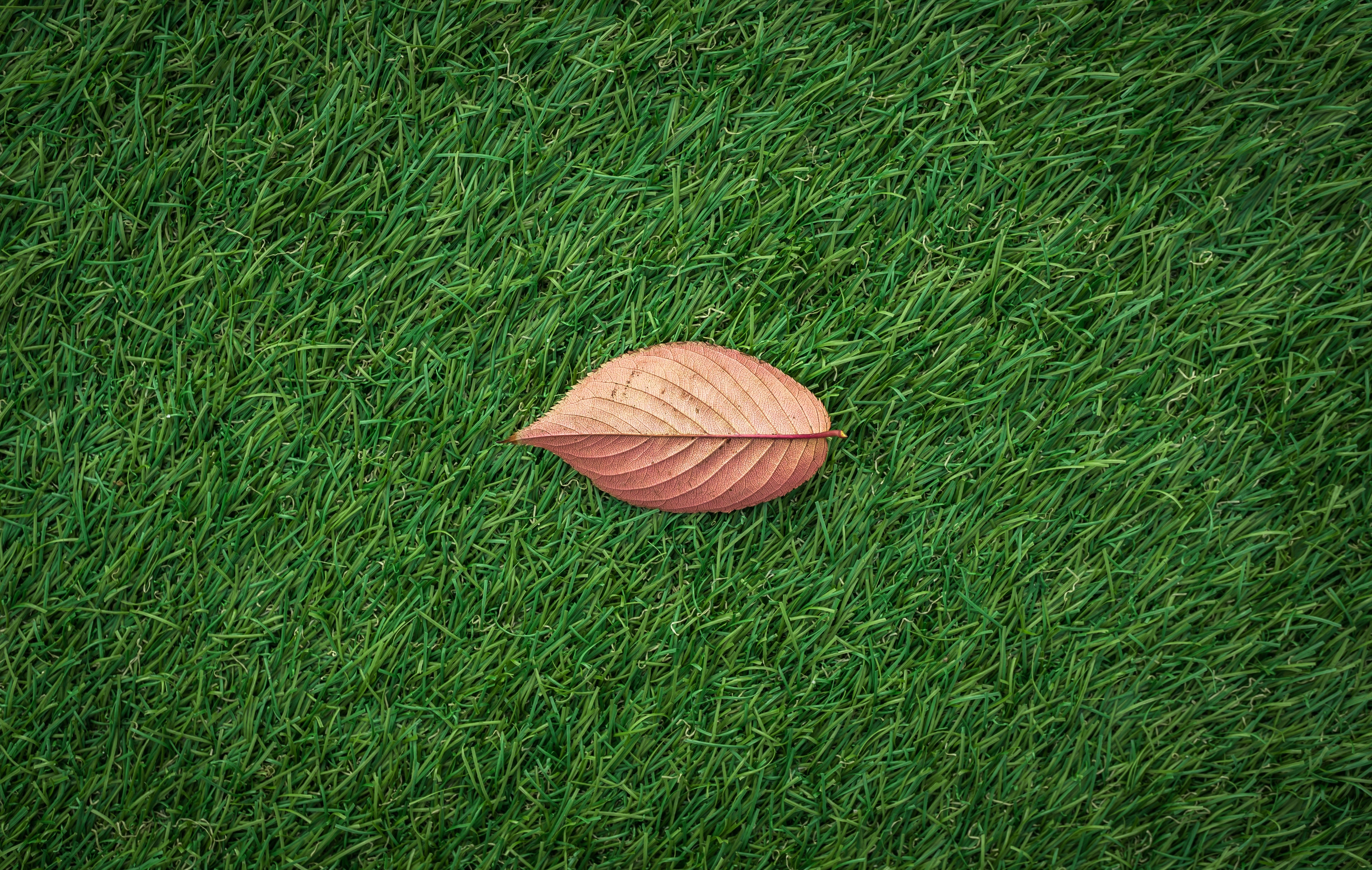
You’ve got your pumpkin spice in one hand and fuzzy socks on your feet, which means it’s finally fall. You’re betting you can stop worrying about your lawn because there’s no such thing as fall lawn care.
With grass still growing until the first hard frost and leaves threatening to choke your lawn, fall lawn care is as important as growing season lawn care. Leaving your lawn up to nature will result in a costly spring cleanup.
If for some reason you’re trying to save money and nurture a healthy lawn in the spring, take the time to work on your lawn right now and dispel any myths you might have heard.
Myth: Keeping my lawn covered with leaves is a great way to insulate my lawn against the cold.
Letting leaves stay exactly where they fall is a great way to prevent sunlight and air from reaching your lawn. This will create a sogginess that will attract disease, fungi, mold, critters, and all things bad.
Regular mowing with mulching blades will help turn a thick smattering of leaves into finely chopped bits that will fertilize your lawn. You can also blow and rake leaves into a corner to start a compost pile, if you’re into that sort of thing.
Myth: Now that it’s fall, my grass is completely dormant.
Grass will still be growing until the first hard frost of the season, especially in Atlanta. You’ll need to find the right mowing and watering balance until your grass enters dormancy. Keep your grass too long, and you leave it vulnerable to disease. Cut your lawn too short, and your turf won’t withstand the winter. Try to keep your grass between two and three inches in height, and never cut off more than a third of the blade while mowing.
Mowing your lawn on a regular basis as it enters dormancy is the perfect way to keep your leaves under control as well. You might notice that even if there are no trees on your lawn, debris can fall from shrubs or be blown onto your property from your neighbors’ trees. Since you’ll be out on your lawn managing leaves, you may as well mow the grass.
Myth: I don’t need to feed my grass anymore.
This depends on what kind of grass you have. Cooler climate grasses will be thriving right now. Warm season grass should have already been fed, but they can be over-seeded with cool season grass for the right winter green look. If you’re unsure about what kind of grass you might have, check out our page on common Georgia grasses.
Now is the best time to fertilize cool season grass. Summer might be stress-free for you, but it’s hard on our lawns. Fertilizing right now helps our lawns recuperate from the heat and develop a thick and deep root system so it can survive the next stressful summer.
You’ll need to pick out the right fertilizer, which means picking out the best mixture of N-P-K (Nitrogen, Phosphorus, Potassium). If you’ve seen fertilizer before, you know that it comes in various concentrations. A good blend for the fall is a 6-1-3 ratio. High nitrogen and potassium levels will help build strong roots and disease resistance.
Myth: Well, at least I can say goodbye to hideous weeds.
You’re smart enough to know where this is going. If your grass is still growing, you can bet that your weeds are too.
You’ll want to apply a product while the weeds are still actively intaking water and nutrients. For warm season grass, a spot treatment with post-emergent is the way to go. The green weeds will be easy to target as they stand out against a browning lawn. For cool season grass, the time to apply some form of weed control has passed for now. You’ll get your chance again next year.
If you’re buying your own lawn chemicals, please make sure to follow the instructions on the label! It’ll stop you from accidentally causing harm to your lawn and even yourself.
Hopefully clearing up these misconceptions will help you keep up with your lawn care. You’ll be giving your lawn the tools it needs to survive the winter and thrive in the spring.
If you find yourself at a dead-end, we’re happy to help you out. It can be stressful to hire a lawn care provider last minute in the spring. It’s even more stressful to try and manage your fall lawn care alone. Do your tender blades a favor and reach out to an expert.
